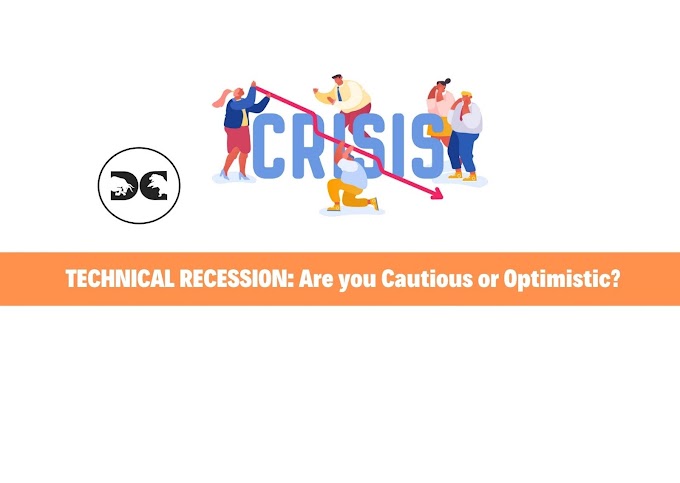On Friday, while launching the policy in an investor summit in Gujarat, Prime Minister Narendra Modi said it would help phase out unfit and polluting vehicles in an environment-friendly manner. “Our aim is to create a viable circular economy and bring value for all stakeholders while being environmentally responsible,” he said.
Vehicle Scrappage Policy: when will it be implemented?
The policy implementation will begin with heavy commercial vehicles, which will need to undergo mandatory fitness tests starting April 1, 2023. All other vehicles, including private ones, will be included in the mandatory fitness test criteria from June 1, 2024, in a phased manner.
What does the policy dictate?
The policy dictates that all automobiles over a certain age should be off the roads in the interest of better pollution control and safety, which new vehicles ensure. Commercial vehicles over 15 years old and personal vehicles over 20 years old are marked for scrapping — it doesn’t matter if they run on diesel or petrol — if they fail an automated fitness test. These will be deregistered; the owner can choose to scrap them, but cannot use them on the road.
Why should I scrap?
To help vehicle owners find a reason to retire old vehicles, the government envisages that the scrappage certificate will entitle the owner with something extra, such as a tax rebate, sops, and a discount on the new car. The certificate is tradable, which means it can be used by anyone and not necessarily by the owner of the scrapped vehicle.
Does it help the economy?
Globally, a scrappage policy has been followed by boost in demand in the auto manufacturing sector, especially in Europe and the US. This has also been a tool to deal with economic slowdown in the manufacturing sector and consumption due to recession. Besides, there are spelt-out benefits vis-à-vis environment since newer cars come with better emission standards and better fuel efficiency.
Who to benefit?
“We believe the announcement of this scheme will be beneficial as CV sales have been impacted by the increase in axle load norms, the introduction of BSVI vehicles and the COVID-related downturn,” HDFC Securities said. It estimates that around 6.5 lakh CVs were sold between financial year 2001-15 and 5.63 lakh between financial year 1996-2000. “The scrapping scheme would be an important driver of sales, in our view. Both the OEMs, Tata Motors and Ashok Leyland, will benefit from the above,” the report adds. Additionally it says that Eicher Motors and Mahindra & Mahindra could also benefit. HDFC Securities has an ‘Add’ rating on Tata Motors.











Social Plugin